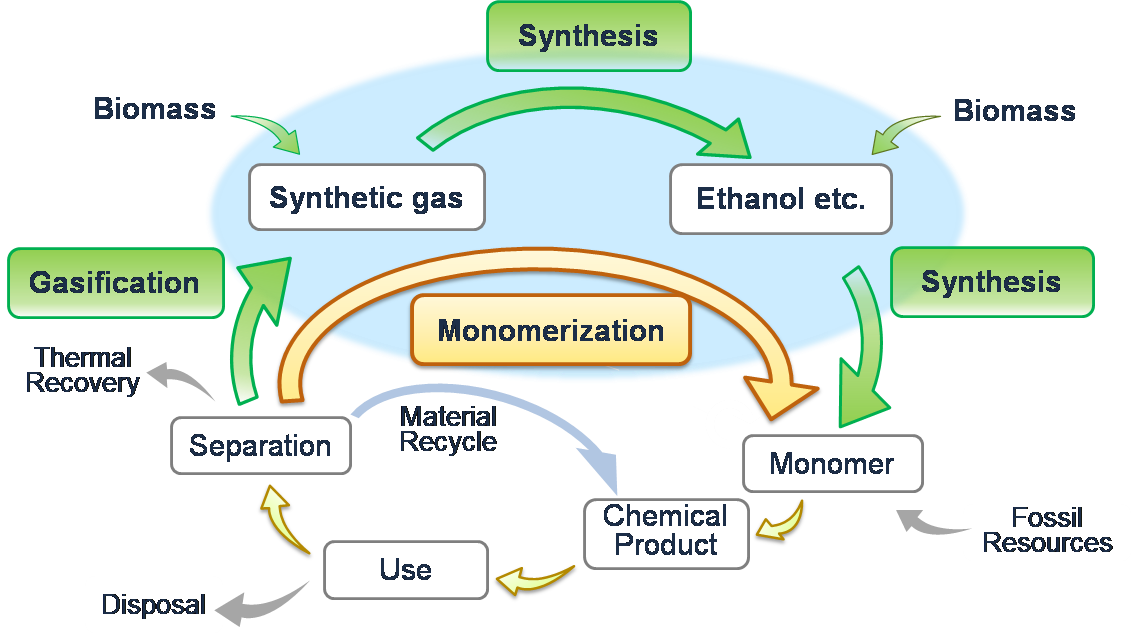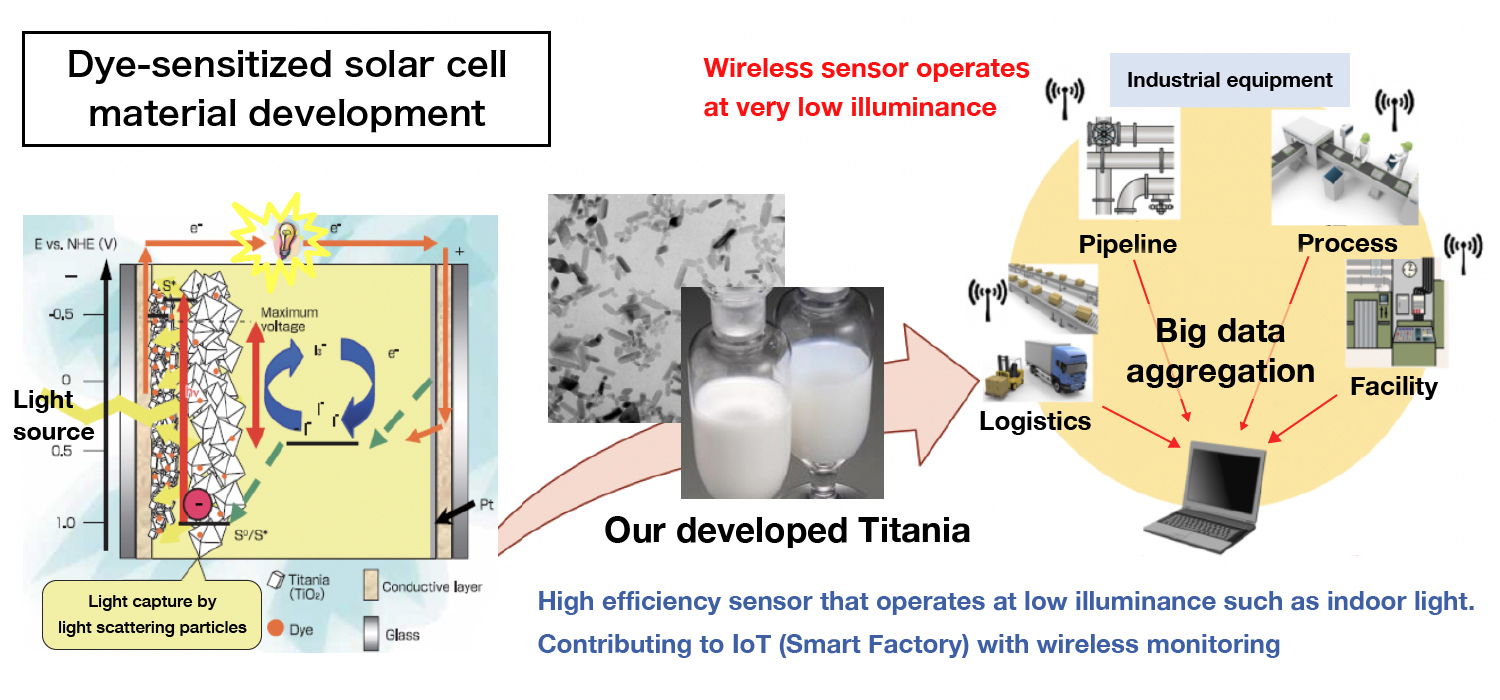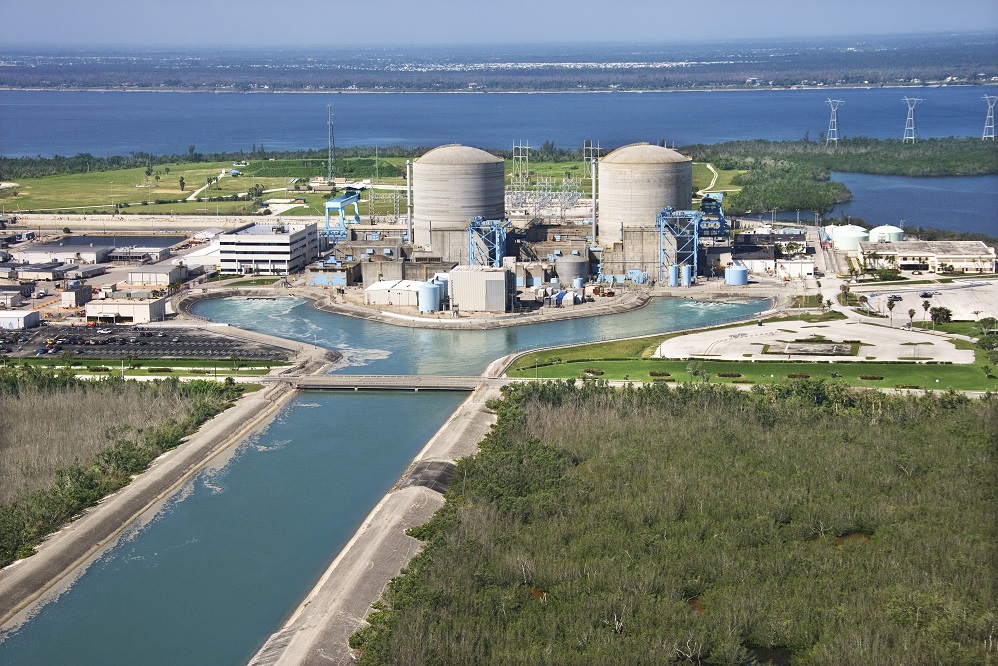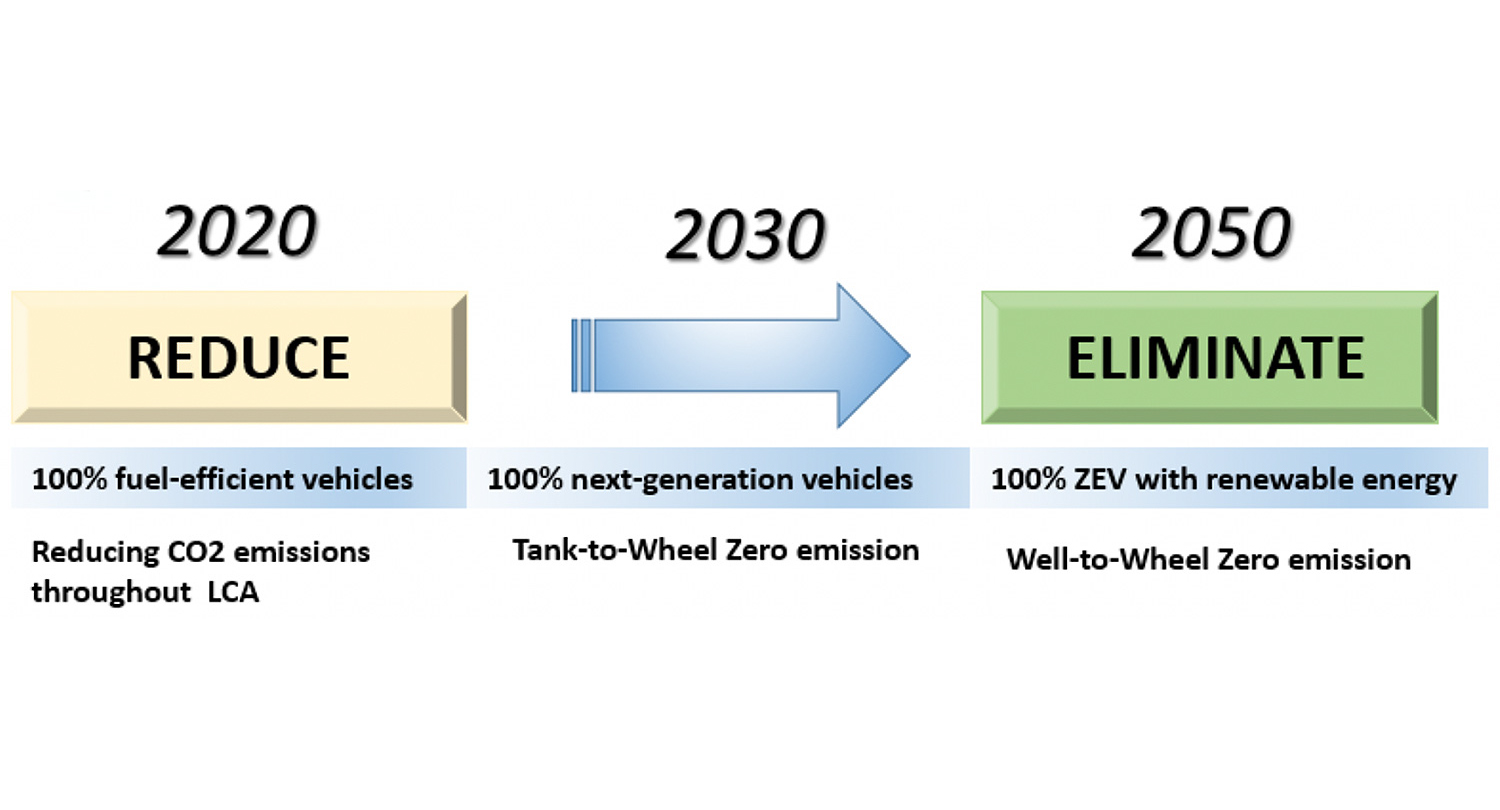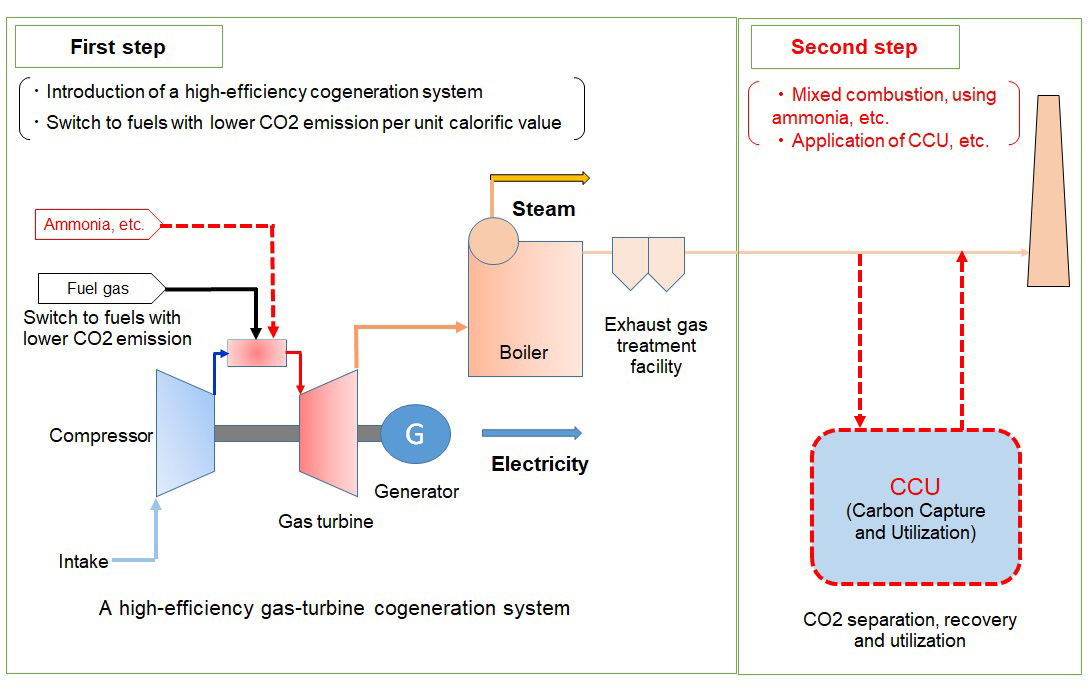Contribution of Low Carbon Emission by production of SAF in Japan
JGC HOLDINGS CORPORATION
Outline
“Not to increase total CO2 emissions in the international aviation sector from 2020” It is the target as an initiative by the aviation industry requiring rapid action to reduce emissions of greenhouse gases (GHG) worldwide. Based on such a decision, in the aviation industry the development of a stable supply of SAF (Sustainable Aviation Fuel) has been expected.
In light of these conditions, JGC Japan Corporation, the engineering business company of the JGC Group, conduct the study which aims to quickly realize SAF production with used cooking oil as feedstock and build an SAF value chain in Japan through promotion. Through the study, we aim to contribute to the establishment of a sustainable and circular society from the perspective of reducing GHG emissions and recycling waste.
Description
The International Civil Aviation Organization (ICAO) decided in 2016 “not to increase total CO2 emissions in the international aviation sector from 2020” as an initiative by the aviation industry requiring rapid action to reduce emissions of greenhouse gases (GHG) worldwide. Based on such a decision, in the aviation industry the development of a stable supply of SAF has been expected, derived from biomass sources, including urban waste, vegetable oil, animal fats, used cooking oil, and lumber, and emissions from steel plants and refineries. Commercialization of aviation fuel utilizing SAF is already moving forward especially in the US and Europe, though still limited as a percentage of total aviation fuel. While Japan’s aviation industry is also proceeding with studies and demonstration tests of SAF through public and private efforts, production costs and stable supply of SAF are issues. The industry has an urgent need to establish a stable SAF supply chain in Japan with reasonable economics.
In light of these conditions, we decided to conduct a joint study with partners for the establishment of an SAF production system and to build a value chain in Japan.
The goal of the study aims to quickly realize SAF production with used cooking oil as feedstock in Japan by deploying proven technology which is already applied to the existing plants in the US and other locations. In this study, we will be supported by airlines as the SAF off-takers, domestic oil refining industries with an existing jet fuel supply chain and related governmental agencies, and will focus on establishing an efficient collection network of used cooking oil. We plan to conduct a feasibility study for the production and supply of SAF that employs used cooking oil as the raw material within 2020, and then aim to build an SAF value chain in Japan through promotion. Through the study, we aim to contribute to the establishment of a sustainable and circular society from the perspective of reducing GHG emissions and recycling waste.
Partner(s)
Revo International
Japan Petroleum Exploration Co., Ltd. (JAPEX)
Supplementary information
News Release
https://www.jgc.com/en/news/assets/pdf/20200122e.pdf
Other Innovation Challenges
CO2 recovery process using DDR-Type zeolite membranes
JGC HOLDINGS CORPORATION
Development of the process to produce insoluble carbonate
JGC HOLDINGS CORPORATION
Development of titania material for highly efficient dye-sensitized solar cells
JGC HOLDINGS CORPORATION
High thermal conductive silicon nitride substrate that contributes to improving the reliability of power devices
JGC HOLDINGS CORPORATION
Promoting safe operation of zero-emission nuclear power plants
JGC HOLDINGS CORPORATION
Similar Innovation Challenges
Achieve 2050 decarbonization target with Net Zero Energy House!
Sekisui House, Ltd.
Achieving net-zero emissions by promoting renewable energy use through both our monozukuri and products.
DAIWA HOUSE INDUSTRY CO., LTD.




